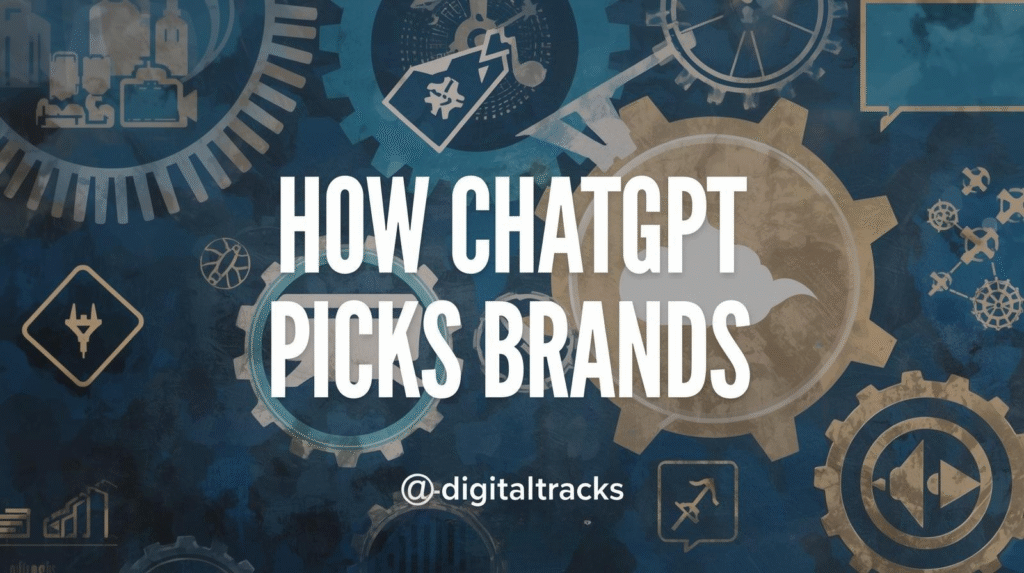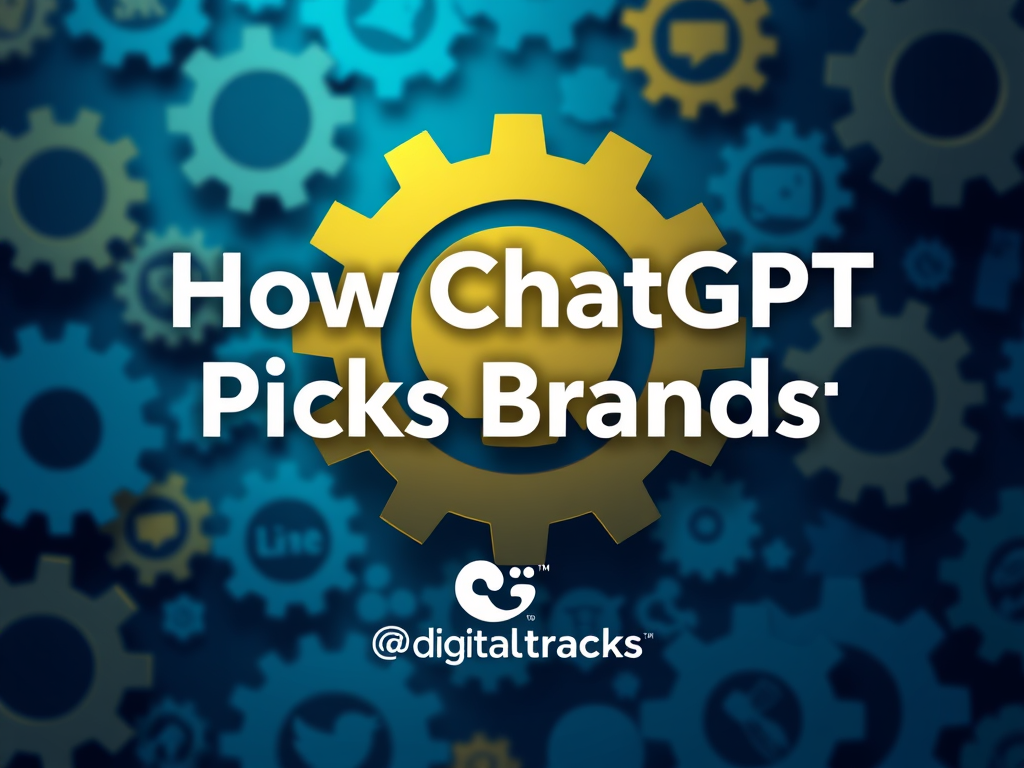In today’s fast-paced digital landscape, ChatGPT and AI-powered SEO strategies are revolutionizing the way brands connect with their audiences and enhance their online visibility.
With artificial intelligence continuing to reshape search behaviors and content discovery, marketers and businesses must evolve their strategies accordingly.

Optimizing your content and web presence to align with how AI platforms like ChatGPT select and cite information is no longer optional—it’s essential for sustainable growth and competitive advantage.
What Are ChatGPT and AI-Powered SEO Strategies?
ChatGPT is an advanced AI language model developed by OpenAI that generates highly relevant, human-like responses by processing extensive datasets from across the internet.
AI-powered SEO strategies involve not just traditional keyword optimization but also tailoring your website content, metadata, and technical SEO parameters to better meet the criteria AI algorithms prioritize. These include:
- Optimizing for search intent rather than just keywords
- Creating segmented and audience-specific content pages
- Managing access for AI crawlers like GPTBot and OAI Search Bot
- Building a robust network of authoritative backlinks and trustworthy content ecosystems
By aligning your digital marketing approach with these principles, you position your brand to be favored by AI-driven platforms for citations and references, driving significant organic reach beyond conventional search listings.
Why Brand Visibility with ChatGPT Matters
ChatGPT’s unique approach to delivering search results emphasizes freshness, relevance, authority, and user intent over simple rank position.
This means ChatGPT and AI-powered SEO strategies that brand who adopt AI-aware SEO strategies enjoy a better chance of appearing in answers that users trust and engage with in conversational formats.
1. Understand and Align with Search Intent
At the core of effective AI SEO is a deep understanding of search intent—the primary reason behind a user’s query.
Whether users are looking for information, wanting to make a purchase, or seeking a solution to a problem, your content must clearly address these specific needs.
Craft clear, focused messaging that solves user problems and matches the intent behind searches.
The better you align your pages with the question users are asking, the more likely ChatGPT will reference your brand when generating answers.

2. Segment Your Content for Different Audiences
One-size-fits-all content is less effective for AI optimization. Break down your offerings into segmented, audience-specific pages or sections that speak directly to distinct user groups or use cases.
This granularity allows AI algorithms to better match queries with the most relevant content, increasing your brand’s exposure within targeted segments.
3. Use Canonical Tags Wisely
When creating segmented or similar content pages, it’s crucial to implement canonical tags correctly.
These tags signal to ChatGPT and search engines which page should be treated as the authoritative source, avoiding duplicate content penalties and enhancing your primary page’s AI and search performance.
Canonical tags help balance fulfilling diverse audience needs with maintaining clear, authoritative content pathways that benefit your overall SEO health.
4. Allow Access to OpenAI Crawlers
Check your robots.txt files and security tools to confirm that crawlers such as GPTBot, OAI Search Bot, and others aren’t inadvertently blocked.
Also Read: Crafting Success: AI-Powered Content Creation for Affiliate Marketing
Allowing these crawlers to index your content enables ChatGPT to discover, analyze, and potentially cite your brand in its AI-generated answers. Blocked crawlers reduce your chances of AI visibility, harming your digital growth.
5. Build Authoritative Backlinks and Content Ecosystems
Authority is a cornerstone for AI visibility. Establish your brand within a broad content ecosystem by:
- Publishing original research, case studies, and whitepapers that showcase expertise
- Partnering with high-authority sites through guest posts or collaborations
- Maintaining active profiles and content on social media, podcasts, and video platforms to reinforce trustworthiness
A well-rounded ecosystem signals ChatGPT that your brand is credible and authoritative, increasing your likelihood of appearing as a trusted source in AI-generated answers.
6. Regularly Update Your Content
Content freshness is crucial for ChatGPT and AI visibility. Studies show a significant majority of sources cited by ChatGPT are updated within the last year.
Maintain your topical relevancy by conducting annual (or more frequent) content audits. Refresh outdated statistics, examples, and keyword usage to ensure your pages remain competitive in AI and search engine rankings.
Frequently Asked Questions
What is ChatGPT SEO?
ChatGPT SEO is the practice of tailoring your website content and technical SEO to increase your brand’s likelihood of being cited by ChatGPT’s AI-generated answers.
Can I block AI crawlers and still appear in ChatGPT results?
Blocking AI crawlers like GPTBot limits ChatGPT’s ability to access your content, severely reducing your chance to be cited. For optimal AI SEO, allow such crawlers access.
It is best practice to update your key content at least once a year to maintain freshness and relevance for AI platforms like ChatGPT.
Conclusion
Integrating ChatGPT and AI-powered SEO strategies into your digital marketing plan is vital for brands seeking to thrive in an AI-influenced search environment.
Start incorporating these strategies today to position your brand as a trusted, authoritative voice in the emerging conversational AI era.